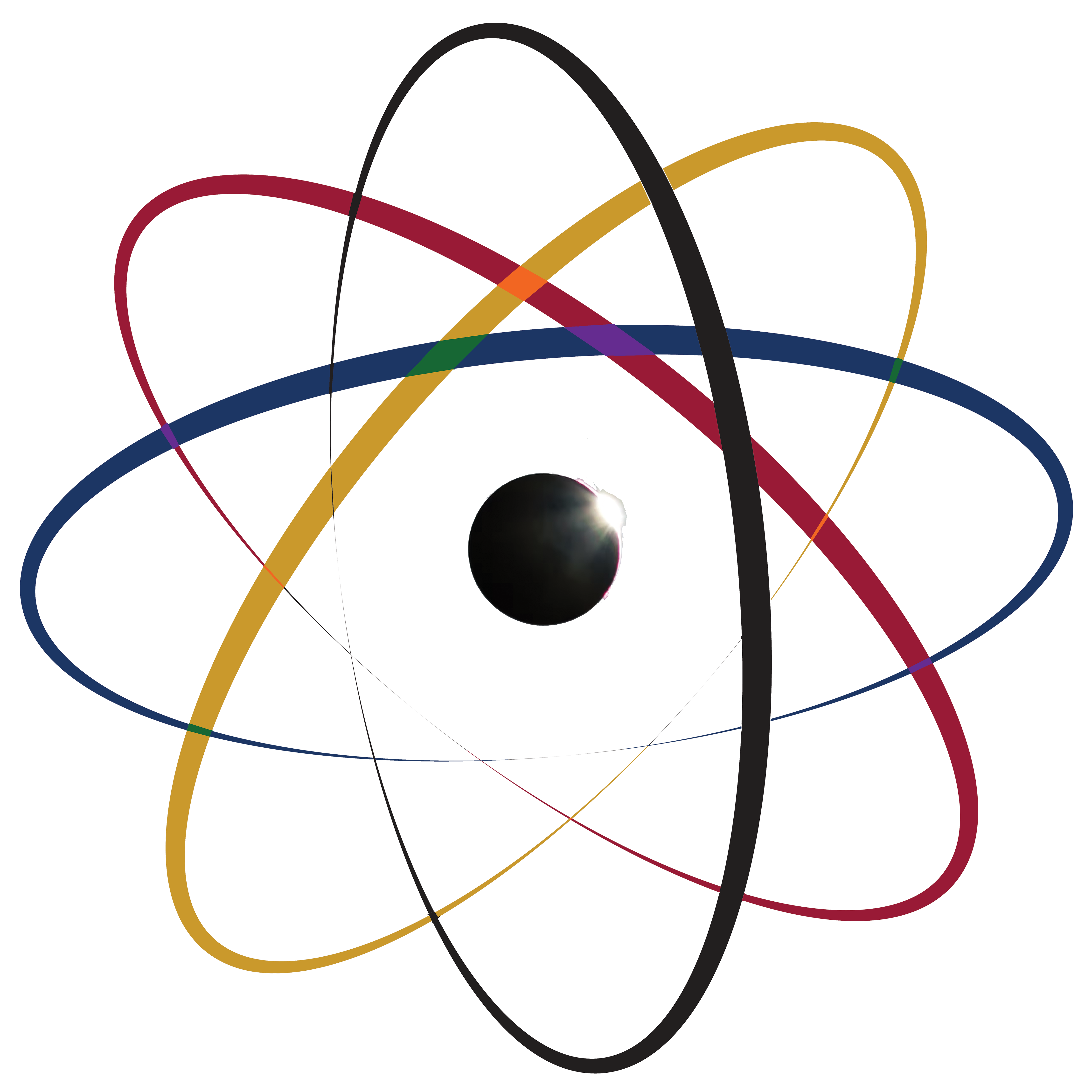With technology becoming more compact, smarter (with artificial intelligence) and having greater computing power, robots can now make decisions at fast speeds. The future of robotics is rapidly evolving. Elizabeth believes that robots are becoming more human-like and that we therefore need better, smoother human-robot interactions. Professor Elizabeth Croft wants to make sure that people are considered in the design of robots. In all of her designs, she starts by first observing people. “We need to think about how we’re going to get along with the robots,” she says, after all, they are already increasingly coming into our homes.






